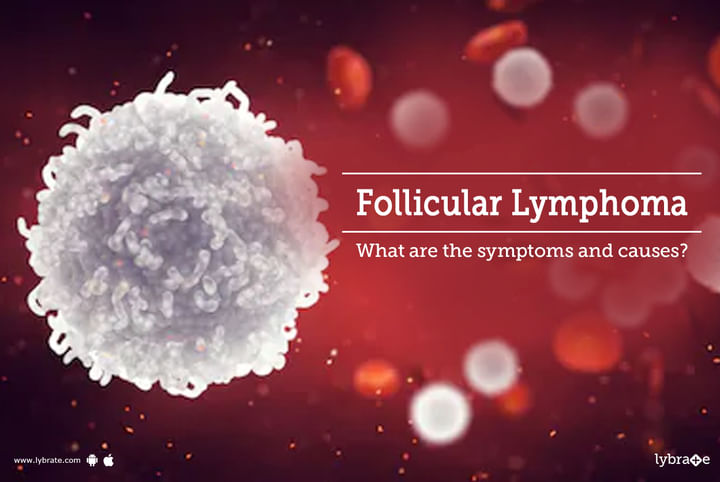Follicular Lymphoma - What are the symptoms and causes?
A follicular lymphoma is a form of Non-Hodgkin cancer that begins in the white blood cells. This type of lymphoma usually develops slowly and affects elderly people, aged 60 or above. Follicular lymphoma occurs when your body forms abnormal B-lymphocytes. The lymphocytes are a type of white blood cells that help your body to fight off infections. When a person has follicular lymphoma, the diseased blood cells spread to many of your body parts, including your organs, lymph nodes, and the bone marrow to form cancerous tumours.
What are the causes of Follicular lymphoma?
The exact causes of follicular lymphoma are not known yet. However, doctors and researchers believe that the disease could result from an infection caused by some cancer-causing chemicals or radiation therapy. Follicular lymphoma is not passed down in families, but certain medical conditions, such as lupus, rheumatoid arthritis, celiac disease, and HIV may put you at risk of having this type of cancer.
What are the symptoms of Follicular lymphoma?
Follicular lymphoma may grow without exhibiting noticeable signs or symptoms. Therefore, a person having this type of cancer may not realize that they have it until the disease reaches its advanced stage. Nevertheless, if the symptoms do show up, the person will likely experience the following –
-
Swollen lymph nodes in the abdomen, groin, neck, and armpits
-
Weakness and fatigue
-
Night sweats and fever
-
Unexplained weight loss
-
Frequent infections
If you encounter any of the above symptoms or suspect you might be at risk of developing follicular lymphoma, consult a doctor to get yourself diagnosed at the earliest.
The doctor will most likely perform a few blood tests and screening tests to confirm the diagnosis and recommend the appropriate treatment. Depending on the stage of cancer, certain monoclonal antibodies medications, radiation therapy, chemotherapy, radioimmunotherapy, and stem cell transplant can help to ease the symptoms and treat cancer.
Treatment typically aims to slow or prevent the progression of cancer rather than to cure the condition. Identifying the symptoms of follicular lymphoma and seeking early diagnosis and treatment can help you manage this type of cancer for many years.


+1.svg)
